Food inflation hit its highest rate since 1977 last month, having risen to 18.2% in the year to Februaury 2023.
The Office for National Statistics (ONS) saw this jump from 16.8% in January, with the increase driven by price movements such as the rise in cost of vegetables last month.
This saw select fruit and vegetables rationed in UK supermarkets, due to shortages caused by bad weather conditions in the South of Europe and Northern Africa and many growers having to cut back due to rising costs of heating greenhouses.
While this has since eased, the price movements resulted in an annual rate of 18% for vegetables in the year to February 2023, the highest rate since February 2009.
Subscribe to Grocery Gazette for free
Sign up here to get the latest grocery and food news each morning
Bread and cereals, chocolate and confectionary, ready-meals and sauces, as well as hot beverages were each also at the highest rate since at least 2008.
“The curve is yet to break for inflation. Today’s inflation figures will be disappointing news for households across the country. Food and non-alcoholic beverages prices are running at record levels,” McKinsey partner, Kevin Bright said.
“This is eating into a significant proportion of disposable income,” he added, explaining that “a large portion are being driven by those containing grains, eggs, oil and certain proteins.”
Bread was up 20.8%, with pasta products and couscous up 25.3%, eggs rose by 32.5%, margarine and fats up 30.4% and pork up 22.4%.
“Today’s figures mean that many consumers will be further forced to make difficult decisions about what they can put in their baskets, with ever increasing pressure on the price of fresh food.”
Bright said that in the long-term, “retailers can explore opportunities to improve productivity, review their relationships and network of suppliers and take an intelligent approach to pricing and promotions.”

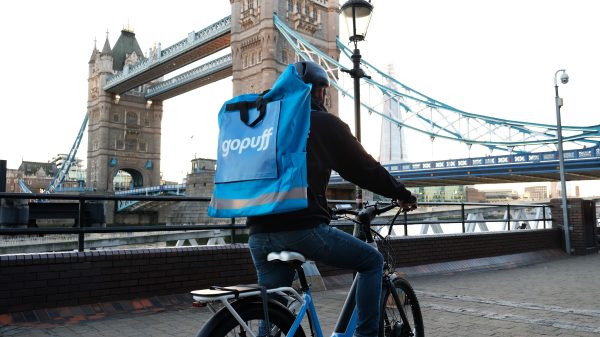

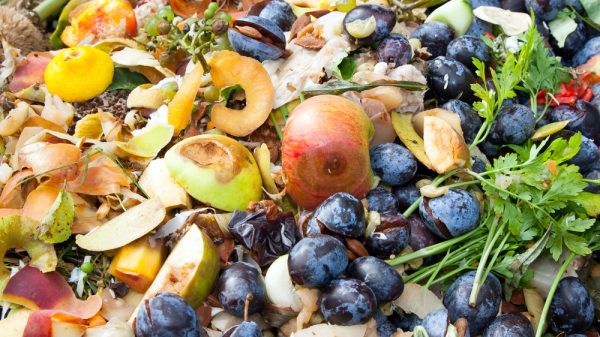

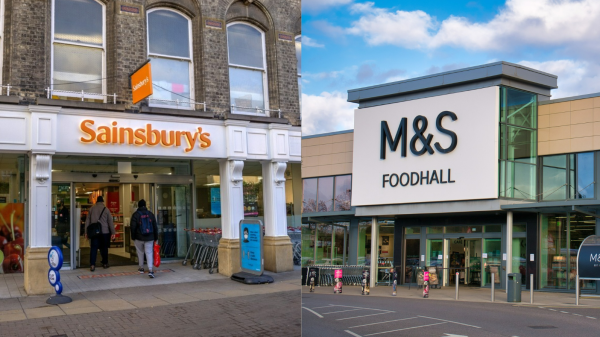

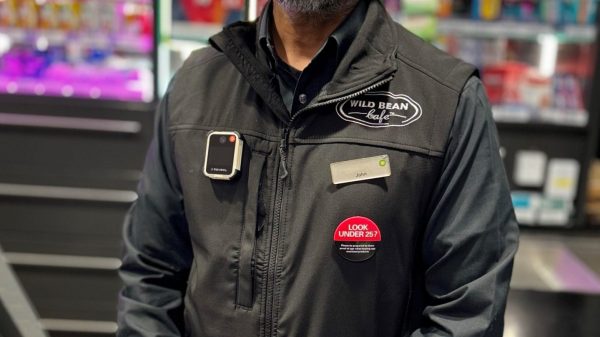

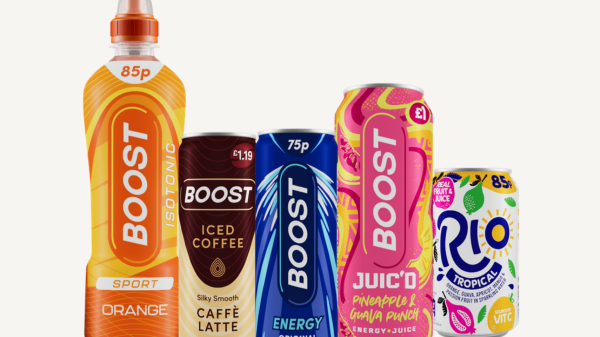

3 Comments. Leave new
Virtually all UK based growers (for tomatoes etc) use hideously inefficient heating systems and don’t insulate their greenhouses etc. Air source heat pumps and double glazing with proper ventilation for cooling in summer would shield producers – and therefore consumers – from the volatility of gas prices. Lots more can be done, but the government is, as usual, not interested in helping the environment or any business that isn’t a bank.
What a disgrace.
For inflation to start easing, the Russia-Ukraine war must come to a conclusion. It’s already been a very long time, the oil and gas prices are the main culprit that are driving this inflation.
The financial system we know is ending the debt FIAT monetary Ponzi scheme has run it’s course…high volatility to come, inflation deflation, maybe hyperinflation, the people controlling the bleed out decide…